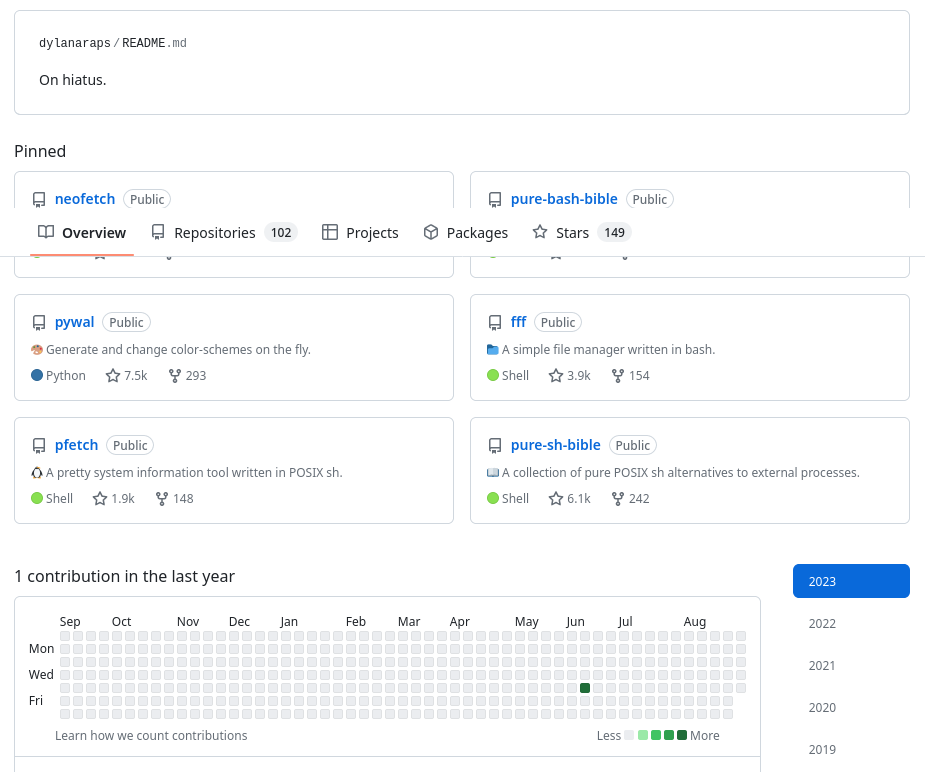"Is your UNIX Linux compatible?"
Also the graph is pretty much zoomed in. It exaggerates the differences between the bars.
Admit it. You just zoomed in to see how accurate the recursion really is.
Initially the bug report was shot down by systemd developer Luca Boccassi of Microsoft with:
Emphasis mine.
While MS at least tries to be good guy nowdays, I just can't trust their code too much.
sudo is a setuid binary, but it’s a fairly simple program
Some people would disagree to this.
The brief description of run0 already has too many potential points of failure.
If the "listener" is PID1, which will run the privileged command, in theory, it would be quite bullet proof (in a working system PID1 is always there). But since this is systemd, PID1 is much more than that and much more complex. On the other hand spawning another daemon from PID1 to be the "listener" makes it, perhaps, even more complicated. You'd have to make sure the listener is always running and have some process supervisor there to watch if it exits... and maybe even a watchdog polling it to make sure it isn't frozen.
So my conclusion is the same as yours:
a solution in search of a problem
We already have a working solution. Have a well written SUID program. I've been using doas for some years now. It's simple enough that I trust it.
Yikes.
I'd switch to musl on all of my boxes if it weren't that nearly all precompiled software (closed source, games mainly) are compiled against glibc.
Yeah.
At maximum a bug/issue tracker is needed.
Phoronix thinks I'm using ad blocker. In fact I'm not. I don't have any kind of adblocker on my network... *sigh*
If systemd works for you and you don’t know or care about the philosophical side of the argument, there is probably no benefit for you in switching.
Exactly this. There are few techincal problems with systemd, but those are so miniscule. I say this as an OpenRC+openrc-init user.
... but there's an Atari sticker. Bothers me!

Hm... I don't see it stating anything about wayland, but since it says "native" in some many places, I need to assume it won't use Xwayland, unless specifically told to.
Right? Anyone to confirm?